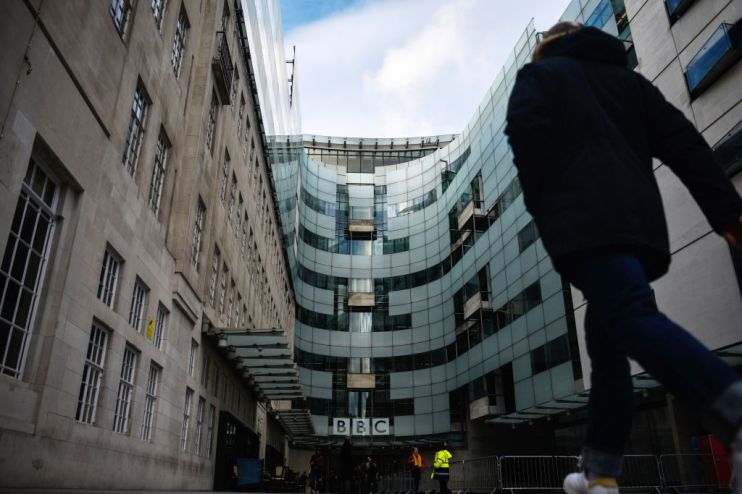BBC licence fee to increase by £3 from April

The annual cost of the TV licence fee increase from £154.50 to £157.50 from 1 April, the BBC confirmed today.
The fee is set by the government, which announced in 2016 that it would rise in line with inflation for five years from April 2017.
The new charge equates to £3.02 per week or £13.13 per month, the broadcaster said. The price changes will not have an impact on the free over-75s licence in its current form.
The announcement comes a week after the corporation said it will cut 450 jobs from its news division as it looks to save £80m by 2022.
The BBC is currently facing fierce political pressure from the government, which is exploring plans to decriminalise non-payment of the licence fee while also boycotting the broadcaster’s flagship Today programme on Radio 4.
In a further blow to the organisation, licence fee skeptic Julian Knight was last week elected as the new chairman of the Digital, Culture, Media and Sport Committee.
Knight vowed to act as a “critical friend” to the BBC “as it seeks a new and sustainable funding model”.
In its statement today, the BBC reiterated that the licence fee provides access to nine national TV channels plus regional programming, 10 national radio stations, 40 local radio stations as well as its websites, BBC Sounds and BBC iPlayer.
In the last financial year 95 per cent of the BBC’s controllable spend went on new content and delivery, while five per cent was spent on running the organisation.
The BBC has already announced that the blanket free TV licence scheme will be scrapped, meaning up to 3.7m pensioners will be required to pay the newly increased charge from 1 June.